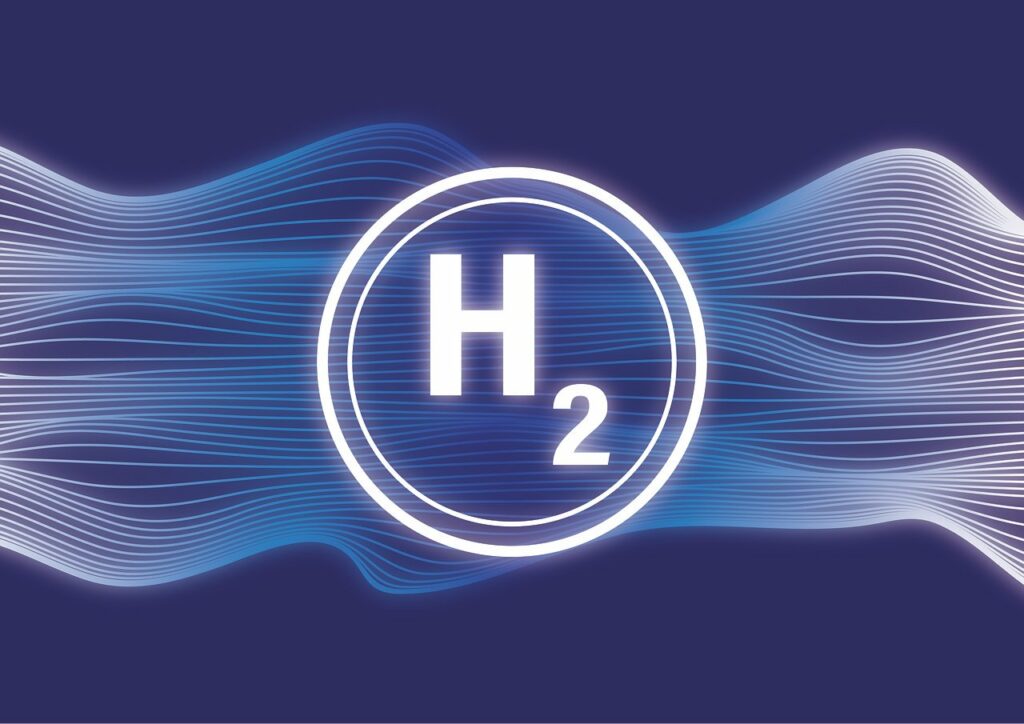Tokuyama, a Japanese chemicals firm, has embarked on a venture by commencing mass production of magnesium hydride, a compound that promises to revolutionize hydrogen storage and transport.
Magnesium hydride boasts the remarkable ability to store hydrogen molecules at room temperature and atmospheric pressures, offering a viable alternative to traditional methods such as compressed and liquefied hydrogen or ammonia. Tokuyama’s collaboration with Bio-coke Giken Co has resulted in the installation of a hydrogenation reactor, enabling the synthesis of magnesium hydride from by-product hydrogen generated during the chlor-alkali process. This process effectively immobilizes hydrogen molecules for storage or transportation, paving the way for enhanced hydrogen utilization.
One of the most compelling features of magnesium hydride is its capability to release twice as many hydrogen molecules as initially stored when mixed with water, owing to the presence of hydrogen ions in the water molecules (H2O). This unique property not only enhances the efficiency of hydrogen extraction but also underscores the potential of magnesium hydride as a high-density hydrogen carrier.
Despite the challenges, Tokuyama envisions magnesium hydride as a game-changer in hydrogen storage and transportation, emphasizing its potential to revolutionize the industry’s landscape. By prioritizing safety, efficiency, and sustainability, Tokuyama aims to position magnesium hydride as a next-generation hydrogen carrier, facilitating the widespread adoption of hydrogen as a clean energy solution.





